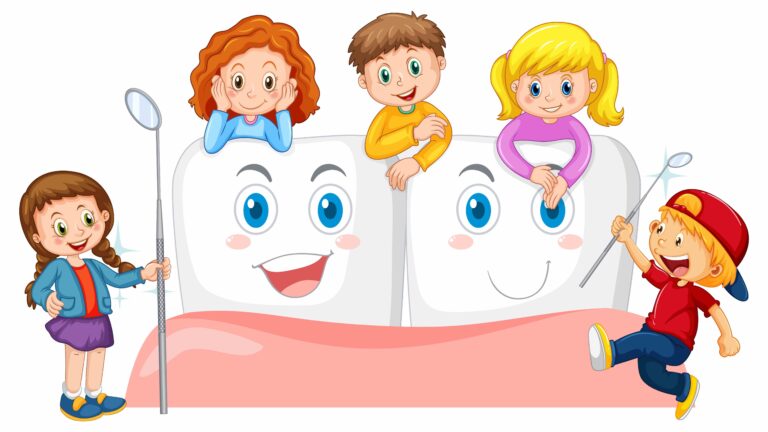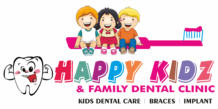
FREQUENTLY ASKED QUESTIONS
FAQ
Take your child to the dentist for their first check-up within six months of their first tooth or by their first birthday.
Use a soft, child-sized toothbrush and water for babies, then fluoride toothpaste in small amounts for children aged 2 and older.
A pediatric dentist specializes in children’s oral health, while a family dentist treats patients of all ages, including adults.
Baby teeth are vital for speech development, proper chewing, maintaining space for adult teeth, and overall oral health in childhood.
If your child has a toothache, rinse their mouth with warm water, floss to remove debris, and contact a dentist for evaluation.
Yes, prolonged thumbsucking and pacifier use can negatively affect a child’s teeth, potentially causing misalignment or bite issues. Consult a dentist for guidance if concerned.
Prolonged nighttime breastfeeding with milk containing natural sugars can contribute to tooth decay. It’s essential to maintain good oral hygiene for your child in such cases
Transition from a bottle to a sippy cup around 6-12 months and introduce a regular cup with a lid around 12-18 months, promoting self-sufficiency while reducing spill risks.
Children should see the pediatric dentist every six months for regular check-ups and preventive care to maintain good oral health.
Dental X-rays are generally safe, as they use low levels of radiation. Dentists take precautions, such as lead aprons, to minimize exposure.
Parents can prevent tooth decay in children by promoting good oral hygiene, limiting sugary foods and drinks, and scheduling regular dental check-ups.
Make your child’s diet tooth-friendly by reducing sugary snacks and drinks, emphasizing fruits and vegetables, and encouraging water consumption for better oral health.
To protect your child’s teeth during sports, have them wear a mouthguard. Custom-fitted mouthguards from a dentist provide the best protection against injuries during sporting events.
If your child knocks out a permanent tooth, keep it moist, try to reinsert it into the socket, and see a dentist immediately for potential reattachment.
